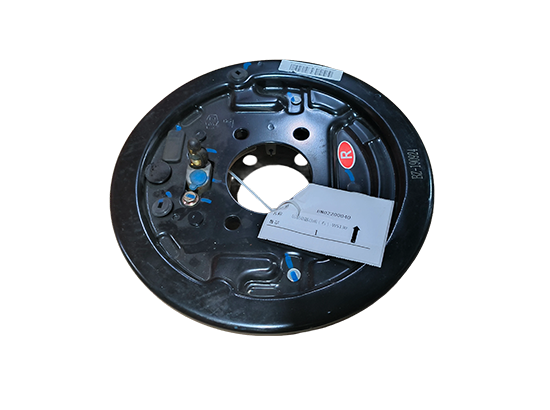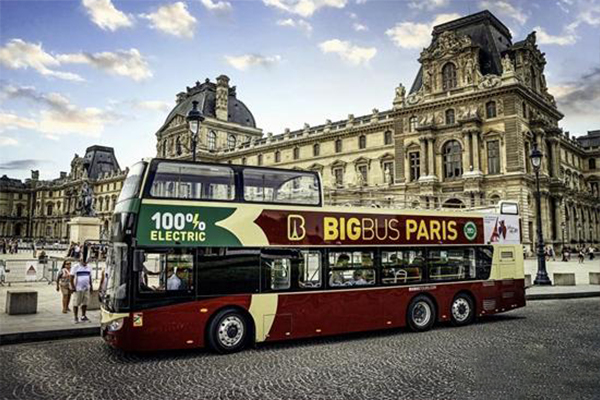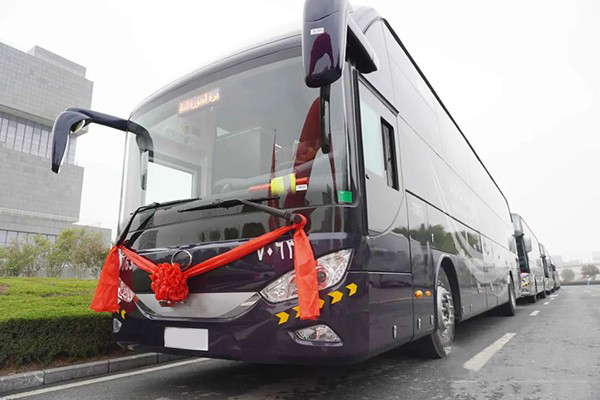Medellín and Cali, Colombia
Late last year, Medellín announced that Chinese company BYD had won the contract to bring 64 electric buses to Colombia.
With the incorporation of these vehicles to the Metroplús system in August, Colombia’s second city will also become the owner of the second largest electric fleet in the Latin America region after Santiago. The purchase, 100% funded by the local government, was decided after a tender in which two others bidders also offered to supply Chinese-made Yutong and Zhongtong buses.
Medellín will be followed closely by Cali, which announced a few weeks previously its eventual goal is to have 125 electric buses in the MIO transport system. The first batch of 26 vehicles, manufactured by the Chinese company Sunwin Bus Corporation, will arrive in May to the third-largest Colombian city.
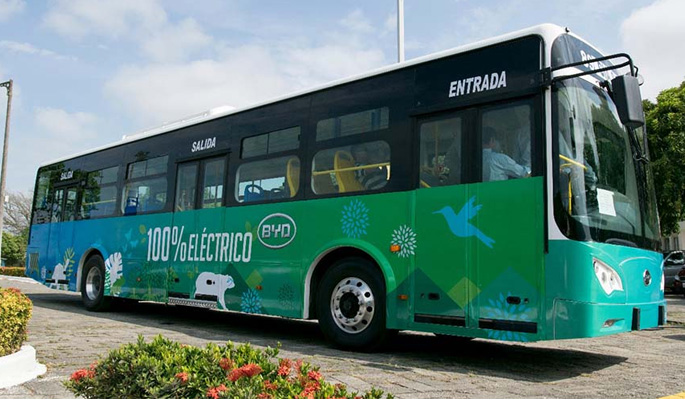
Medellín and Cali will therefore become the first cities to advance in the goal set by Colombia in commitments under the Paris Agreement to replace 75% of public buses in seven cities with zero emission vehicles by 2040.
Electric technology has an additional attraction for Colombia. Given that 70% of electricity comes from hydroelectric plants, the country has a much cleaner energy matrix in terms of new emissions than most others and, therefore, these buses will contribute to an even greener energy scheme.
One reason why both cities managed to introduce electric buses before Bogota is that China already has a solid market for ordinary electric buses but has so far failed to produce reliable articulated and double-articulated buses, as Bogota’s Transmilenio system requires.
With the incorporation of these vehicles to the Metroplús system in August, Colombia’s second city will also become the owner of the second largest electric fleet in the Latin America region after Santiago. The purchase, 100% funded by the local government, was decided after a tender in which two others bidders also offered to supply Chinese-made Yutong and Zhongtong buses.
Medellín will be followed closely by Cali, which announced a few weeks previously its eventual goal is to have 125 electric buses in the MIO transport system. The first batch of 26 vehicles, manufactured by the Chinese company Sunwin Bus Corporation, will arrive in May to the third-largest Colombian city.

Medellín and Cali will therefore become the first cities to advance in the goal set by Colombia in commitments under the Paris Agreement to replace 75% of public buses in seven cities with zero emission vehicles by 2040.
Electric technology has an additional attraction for Colombia. Given that 70% of electricity comes from hydroelectric plants, the country has a much cleaner energy matrix in terms of new emissions than most others and, therefore, these buses will contribute to an even greener energy scheme.
One reason why both cities managed to introduce electric buses before Bogota is that China already has a solid market for ordinary electric buses but has so far failed to produce reliable articulated and double-articulated buses, as Bogota’s Transmilenio system requires.
Related Products


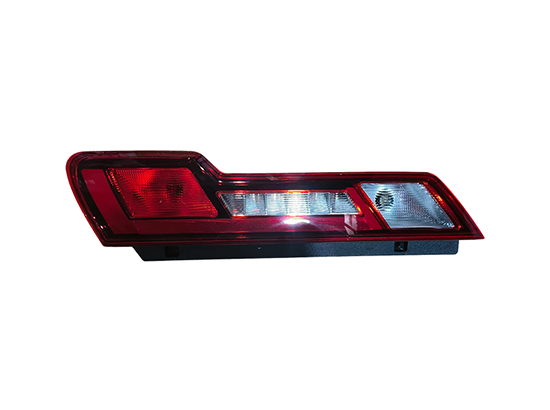
.jpg)

